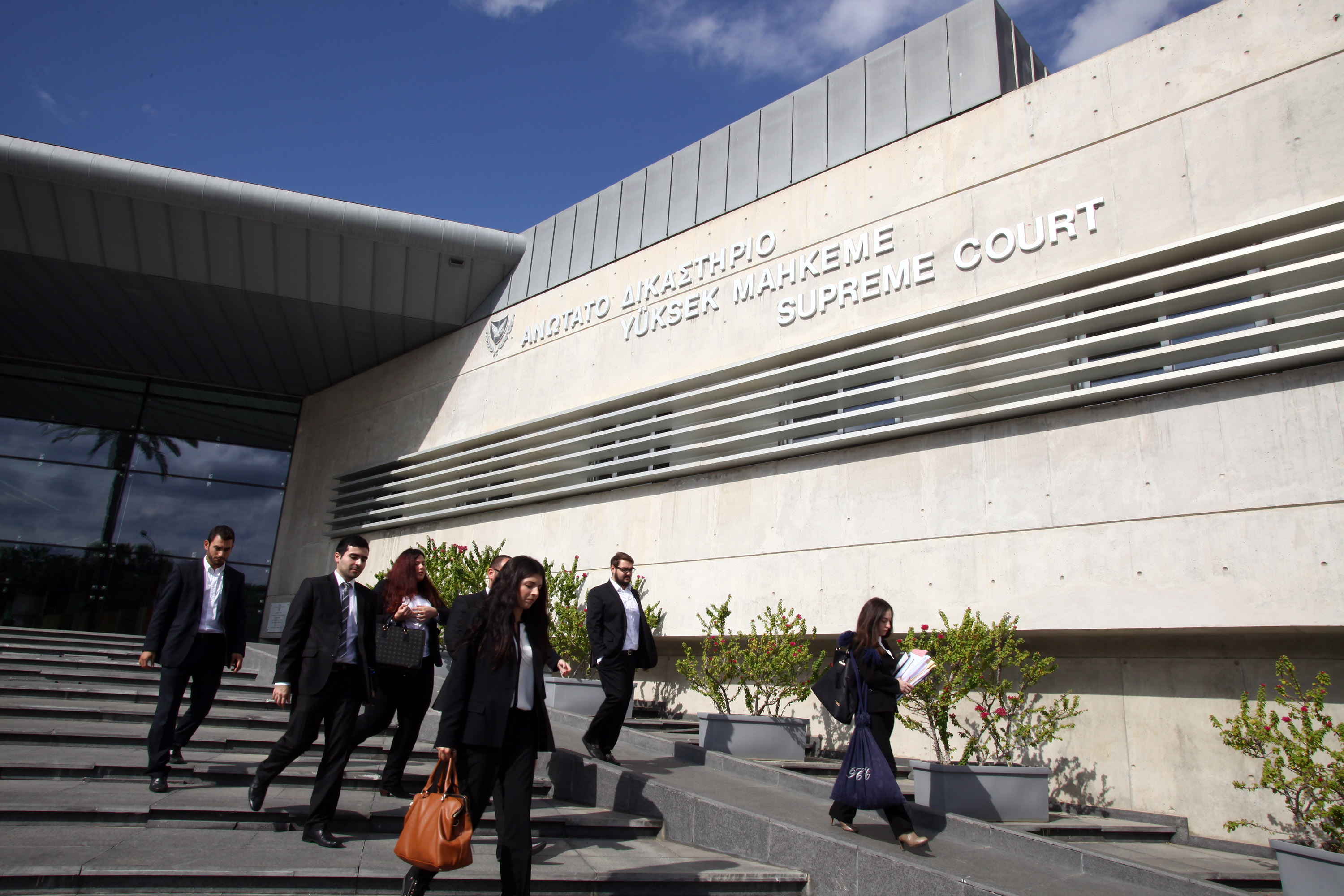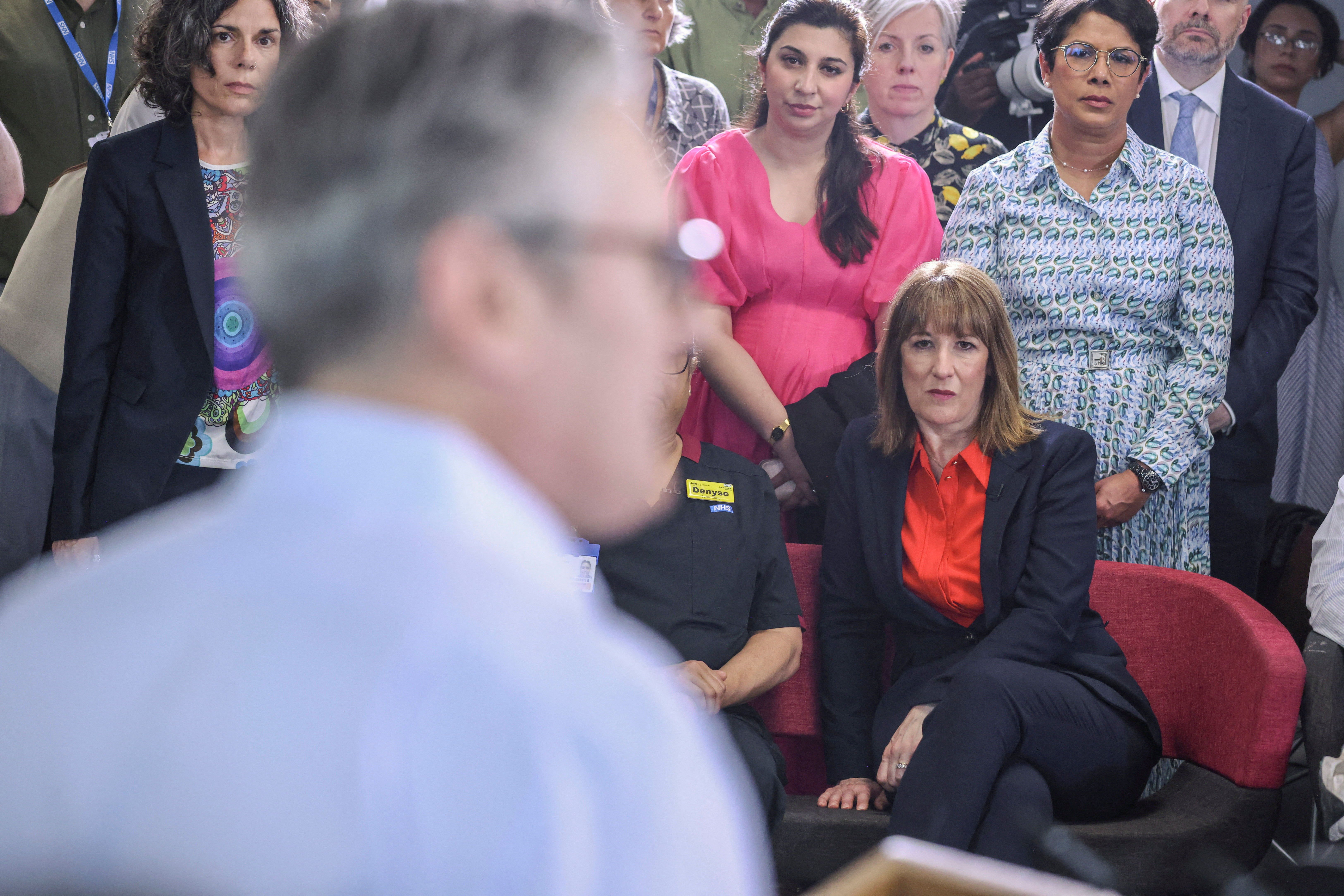House of Representatives is invoking the doctrine of necessity to undo a merged court that was itself created under the same doctrine
The House of Representatives may reactivate Cyprus’ Supreme Constitutional Court whose jurisdiction was transferred to the new Supreme Court in 1964 when the bicommunal parts of the 1960 constitution were suspended under the doctrine of necessity.
According to the English Mediaeval jurist Henry de Bracton “that which is not otherwise lawful is made lawful by necessity,” and so it was with aspects of the constitution of Cyprus that required Turkish Cypriot participation that became impossible after the inter communal fighting across the whole island that broke out in December 1963.
The constitution was hammered out after high level agreements between Greece and Turkey in Zurich and the agreement of Cypriot leaders in London. It was a geopolitical compromise that assumed that that the two communities would cooperate in the governance of Cyprus, which in hindsight was a serious flaw in the constitution.
In the event when the proverbial hit the fan in 1963, the judges had to pick up the pieces which they did by reading into the constitution the doctrine of constitutional necessity to prevent a gap in the law of the constitution that made no provision for what would happen if the cooperation on which the whole edifice of the constitution was based failed to develop.
The doctrine of necessity engages the law in a number of ways. There is necessity in human rights law whereby a state is allowed to limit qualified human rights where it is necessary in the public interest, public order and public health.
Next there is the law of necessity as a defence to a criminal charge which in its various guises, such as duress of circumstances, is available as a defence to excuse conduct otherwise criminal except in cases of murder and treason. The idea here is that people sometimes through no fault of their own find themselves in circumstances that force them to commit criminal offences against their will, usually to protect themselves or members of their family. Where such circumstances are proved they provide a complete defence to a criminal charge.
The closest to constitutional necessity, however, is the law of necessity in international law used exceptionally by states to justify non performance of international obligations. This has most recently been used expressly by UK foreign minister Liz Truss – now a candidate to replace Boris Johnson as prime minister – to pass legislation inconsistent with the UK’s obligations under the Northern Ireland Protocol attached to the EU withdrawal agreement.
The modern law of constitutional necessity in the British Commonwealth was first raised in Pakistan where it was invoked to justify martial law in that country. In Cyprus the application of doctrine of necessity arose in 1964 in the case of Attorney-General v Ibrahim. In that case a number of Turkish Cypriots were charged with offences of armed insurrection during the 1963 troubles. They were bailed to appear before the Kyrenia Criminal Court. The attorney-general appealed to the newly constituted Supreme Court against the decision to grant them bail. Counsel for the Turkish Cypriots challenged the new Supreme Court itself and the law of 1964 that had set it up as being contrary to the constitution that required Turkish Cypriot participation in the composition of the court – the judges that heard the appeal were all Greek Cypriot. For his part the attorney-general invoked the doctrine of necessity to justify the 1964 law that created the new Supreme Court – basically that the doctrine of necessity applied so as to preserve the fundamental services of the state including the administration of justice.
The court held that the doctrine of necessity applied and that the 1964 law was necessary and proportionate to the exigency that had arisen whereby the participation of Turkish Cypriot judges in the judicial system of RoC had become impossible. The doctrine of necessity therefore was read into the constitution “to convert legal theory into living law relevant to daily life in the preservation of social order.”
The judges in the case of Mustafa Ibrahim made no reference to the case from Pakistan but relied on logic and on French, Italian, Greek and American legal principles in support of the proposition that the doctrine of necessity formed an integral part of the 1960 constitution of Cyprus, even where the laws it generated were repugnant to the constitution’s basic provisions.
The basic provisions of the constitution created two courts at the apex of the system of justice in Cyprus. The Supreme Constitutional Court comprising three judges – a Greek, a Turk and a neutral – with jurisdiction to resolve points of constitutional law on recourse from the executive, the legislature and individuals, as well jurisdiction to resolve questions of the unconstitutionality of any law, decision or action reserved to it from other proceedings.
And the High Court comprising four judges – two Greeks, a Turk and a neutral – with jurisdiction in civil and criminal cases and an appellate jurisdiction from subordinate courts.
Basically, the 1964 law merged the two courts into a single Supreme Court with no Turkish Cypriot or neutral input.
What the legislature is discussing at present is whether to reactivate the suspended Supreme Constitutional Court as necessary to remedy the inordinate delays in the administration of justice that are bringing the law into disrepute.
The irony, however, is that the House of Representatives is invoking the doctrine of necessity to undo the merged court that was itself created under the doctrine of necessity.
But that is a simplistic approach to the problem. The necessity that requires the administration of justice in the RoC to continue in the absence of Turkish Cypriot participation still persists as most Turkish Cypriots now live in northern Cyprus under a separate system of justice outside the effective control of RoC, albeit they are still citizens of RoC.
What seems unnecessary and inefficient is a merged Supreme Court and if there is clear evidence that transferring jurisdiction in public law cases to a reconstituted Supreme Constitutional Court would significantly reduce delays in the administration of justice the sooner the better. Justice delayed is justice denied.
Alper Ali Riza is a queen’s counsel in the UK and a retired part time judge







Click here to change your cookie preferences